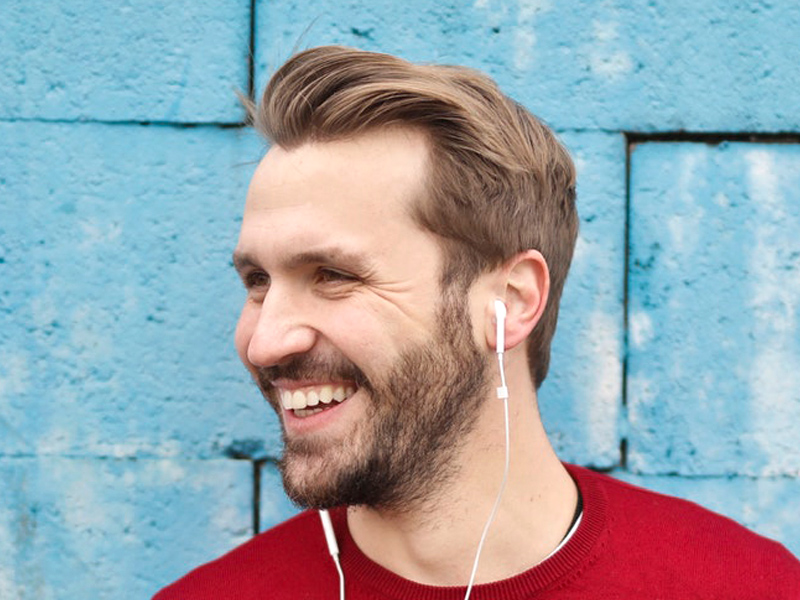Testimonials
"I never realized how much my sleepwalking was affecting my life until it got worse. After coming to PCCSS, I learned techniques to manage my behavior and make my sleep environment safer. I feel so much more rested now"

Linda T
"I had been experiencing night terrors for years, and it was affecting my marriage. The team here helped me identify triggers and implement relaxation techniques that have really worked. I sleep much more soundly now, and my family is so relieved"

Mark S





